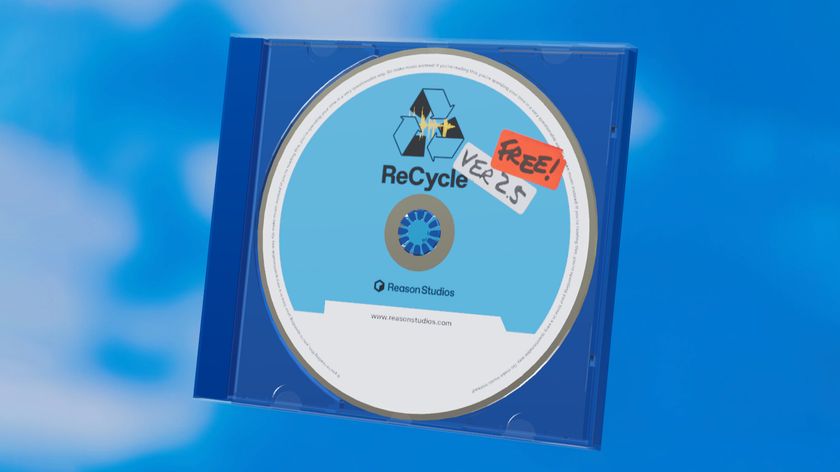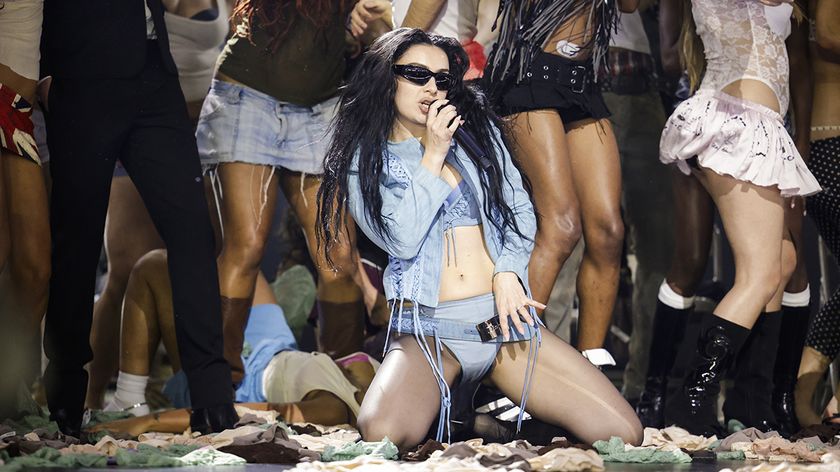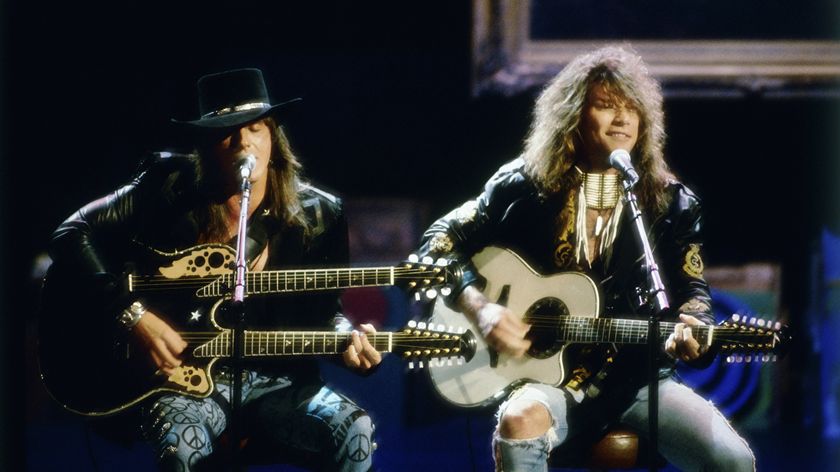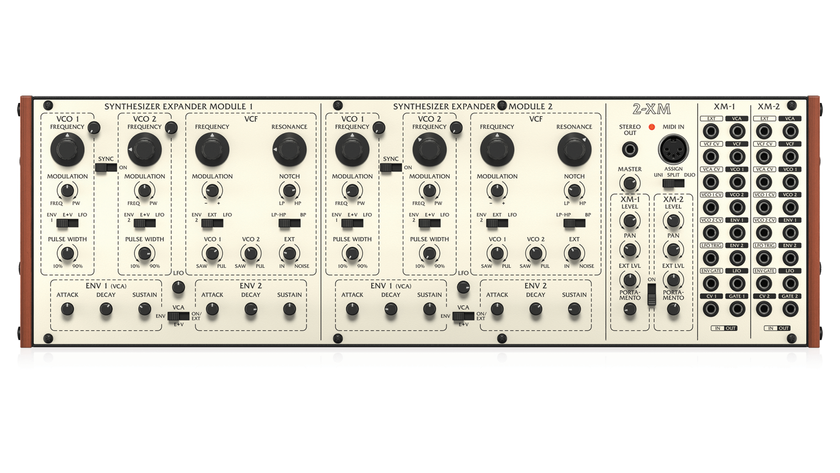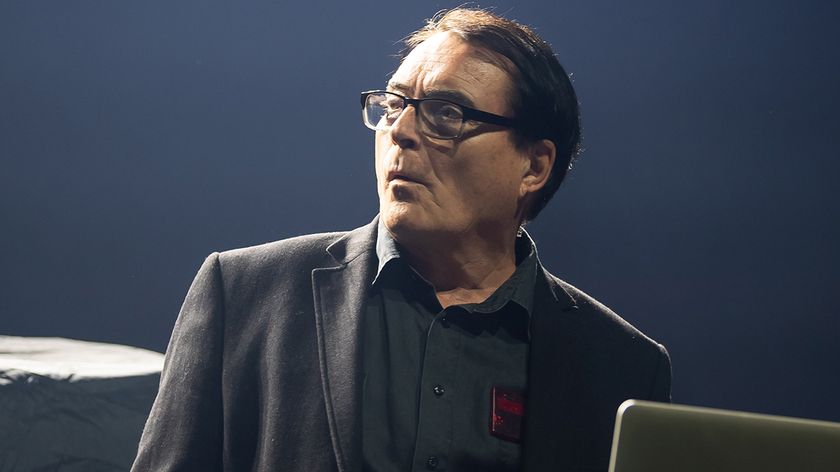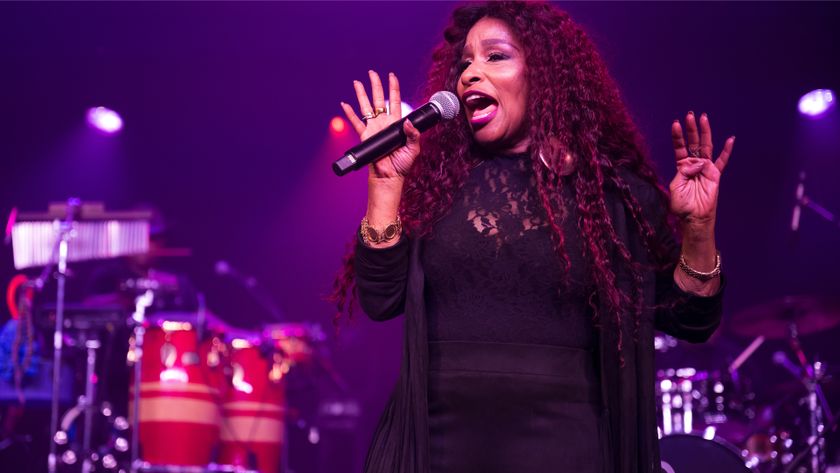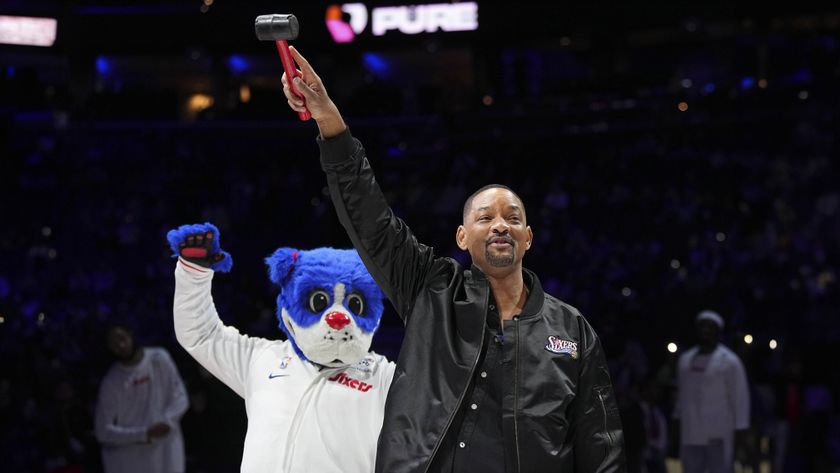Max Moran: “I dug the sound and the role of the bass. It matched my personality”
The New Orleans bassist takes a fresh look at classic grooves
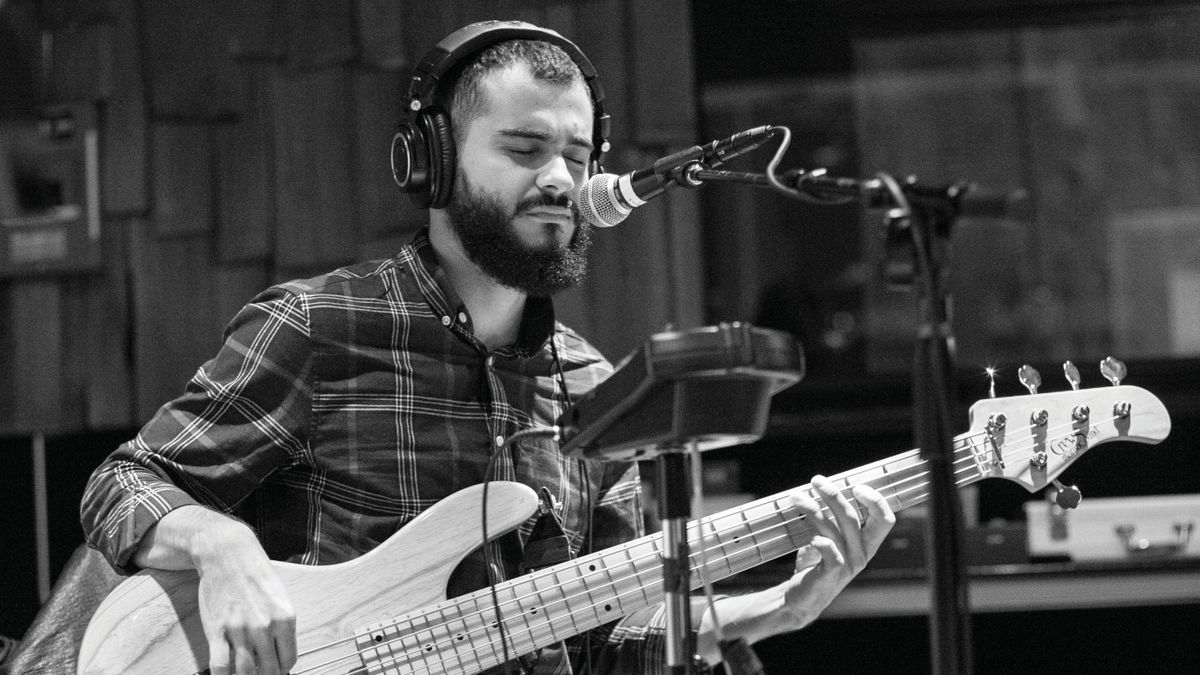
The multicultural rhythms of New Orleans make it a groove paradise; a place where African and Caribbean influences mingle with jazz, blues and funk to create genres and feels found nowhere else. That’s the spirit behind Neospectric, the solo debut by the 28-year-old New Orleans-based bassist Max Moran.
Choosing a five-string electric bass as the album’s anchor and primary writing tool, Moran presents 10 pocket-potent tracks with an emphasis on group interpretation and conversation.
Featured among his Crescent City bandmates are saxophonist Donald Harrison, trumpeter Nicholas Payton and drummer Jamison Ross. A guest spot by rapper Fiend and Moran’s three vocal tracks add to the accessibility factor.
Neospectric is about revisiting established music in a way that’s new to myself and to the listener
Born in 1988 in Cane River, outside of Natchez, Louisiana, Moran was raised on opera and blues from his dad’s records and hip-hop from his sister’s radio. He was given violin lessons at the age of five, and by 10 he had moved on to guitar. Two years later, when his middle school buddies needed a bass player for their band, he bought a friend’s Ibanez Soundgear four-string.
He tells us: “I dug the sound and the role of the bass. It matched my personality - being foundational and not out front.” This led to the school jazz band, where at 15 he started to play upright bass, gathering the influences of Charles Mingus, Paul Chambers and Ron Carter, to go along with Jaco, Stanley Clarke, George Porter and Pino Palladino on the electric side.
Successfully auditioning for the New Orleans Center For Creative Arts, Moran began high school under the tutelage of veteran New Orleans doubler Chris Severin and clarinettist Alvin Batiste. Moran’s cousin, the acclaimed New York jazz pianist Jason Moran, also provided support. Batiste gave Max his first professional gigs in his group, the Jazztronauts. Then Moran spent 11 years in Donald Harrison’s band, playing post-bop on upright and Harrison’s funky Nouveau Swing on electric. The experience set the scene for his groove-infused solo debut.
Let’s talk about how the album came together, and the name Neospectric.
Get the MusicRadar Newsletter
Want all the hottest music and gear news, reviews, deals, features and more, direct to your inbox? Sign up here.
“The genesis was bringing ideas - themes, grooves, chord progressions - to the regular group of musicians I was playing with and having them use their creativity to expand on the ideas. I’m kind of new to composing, but it’s a method I like. We recorded live as a rhythm section and I overdubbed other elements, like the horns, Fiend’s rap and my vocal tracks. Neospectric is the opposite of, and a play on the word, retrospective. A lot of my influences are from the 70s and earlier, so it’s about revisiting established music in a way that’s new to myself and to the listener. It also refers to constantly pushing yourself to have a different perspective and expand your perceptions.”
What’s the role of your bass on the record?
“Aside from Revenge, which was written on keyboard, I pretty much wrote all of the songs on electric bass. There’s something musically and sonically unique about playing chords in the lower register on a bass that I really like. The songs and the arrangements grew from there. I’d say my my primary playing role was to provide the foundation; to issue strong grooves for the soloists and then to interject here and there and steer the ship at times.”

Digging it
Chest was inspired by the Mars Volta. There was a point where I was into them, Tool, Mudvayne and System Of A Down
Even your solos on Chest and Far Away have a groove sense.
“I’ve been leaning towards that kind of soloing lately; staying more in the pocket rather than blowing like a horn player, and digging the range of the instrument. A saxophonist friend said to me, ‘You play bass solos like a bass player’. Marcus Miller definitely inspired me in that way. On Far Away, I step out a little more, using a phaser and gradually getting further away from the bass-line, while developing it. That track was inspired by the India Shawn song Neither Do We, written by my friend, drummer John Key.”
Chest and You Take have a rock element.
“Chest was inspired by the Mars Volta. There was a point where I was into them, Tool, Mudvayne and System Of A Down. I like the progressive side of those bands, mixing different elements to come up with fresh ideas. I wrote You Take on my Crews bass the day I got it. The company owner, Mr. Yoshioka, is a big Hendrix fan, so I wanted to write something in that style for him.”
You revisit P-Funk, Afrobeat and Aretha Franklin on the tracks All Right, Red and Continuation, respectively.
“All Right is very P-Funk inspired, I had been listening to them quite a bit. Saxophonist Khris Royal, who arranged the horns, is a big P-Funk fan, so he knew the vibe. Red is my take on Fela Kuti, I actually wrote the B section on keyboards. ‘Continuation’ was a soul feel that popped into my head. Bass-lines, melodies and changes tend to come to me in pieces when I’m writing, and then the challenge is putting them together. Nicholas Payton says when you’re composing and you get stuck, don’t force it. Take a break; a solution will come to you. That’s true for me.”
How did the album closer, Freedom, come together?
“It started as a solo chordal bass piece and the mood was melancholy but also uplifting. Some of the guys said it sounded like a praise and worship song, so I got the idea to take a speech I found on YouTube by one of my favourite writers, [civil rights-era author] James Baldwin, and put it on top. From there, the band enters gradually. It’s a serious speech about racial injustice but it ends on a note of hope, which we tried to reflect in the music.”


![Chris Hayes [left] wears a purple checked shirt and plays his 1957 Stratocaster in the studio; Michael J. Fox tears it up onstage as Marty McFly in the 1985 blockbuster Back To The Future.](https://cdn.mos.cms.futurecdn.net/nWZUSbFAwA6EqQdruLmXXh-840-80.jpg)
“We’re looking at the movie going, ‘Urgh! It’s kinda cheesy. I don’t know if this is going to work”: How Chris Hayes wrote Huey Lewis and the News’ Back To The Future hit Power Of Love in his pyjamas
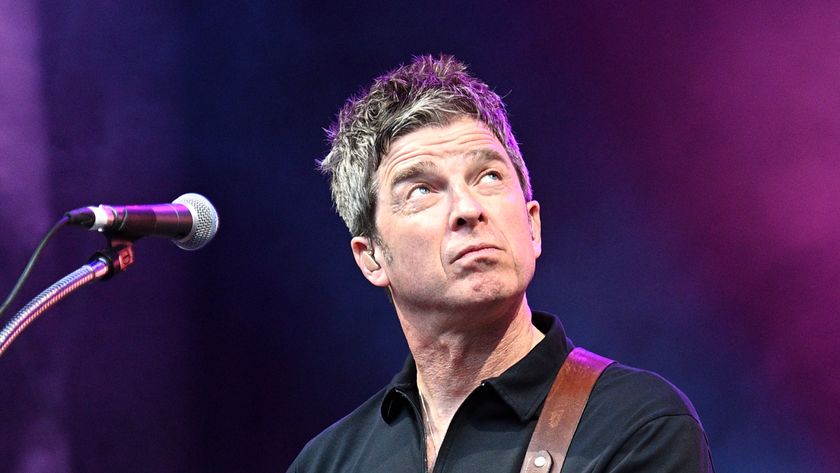
“I thought it’d be a big deal, but I was a bit taken aback by just how much of a big deal it was”: Noel Gallagher finally speaks about Oasis ticket chaos
